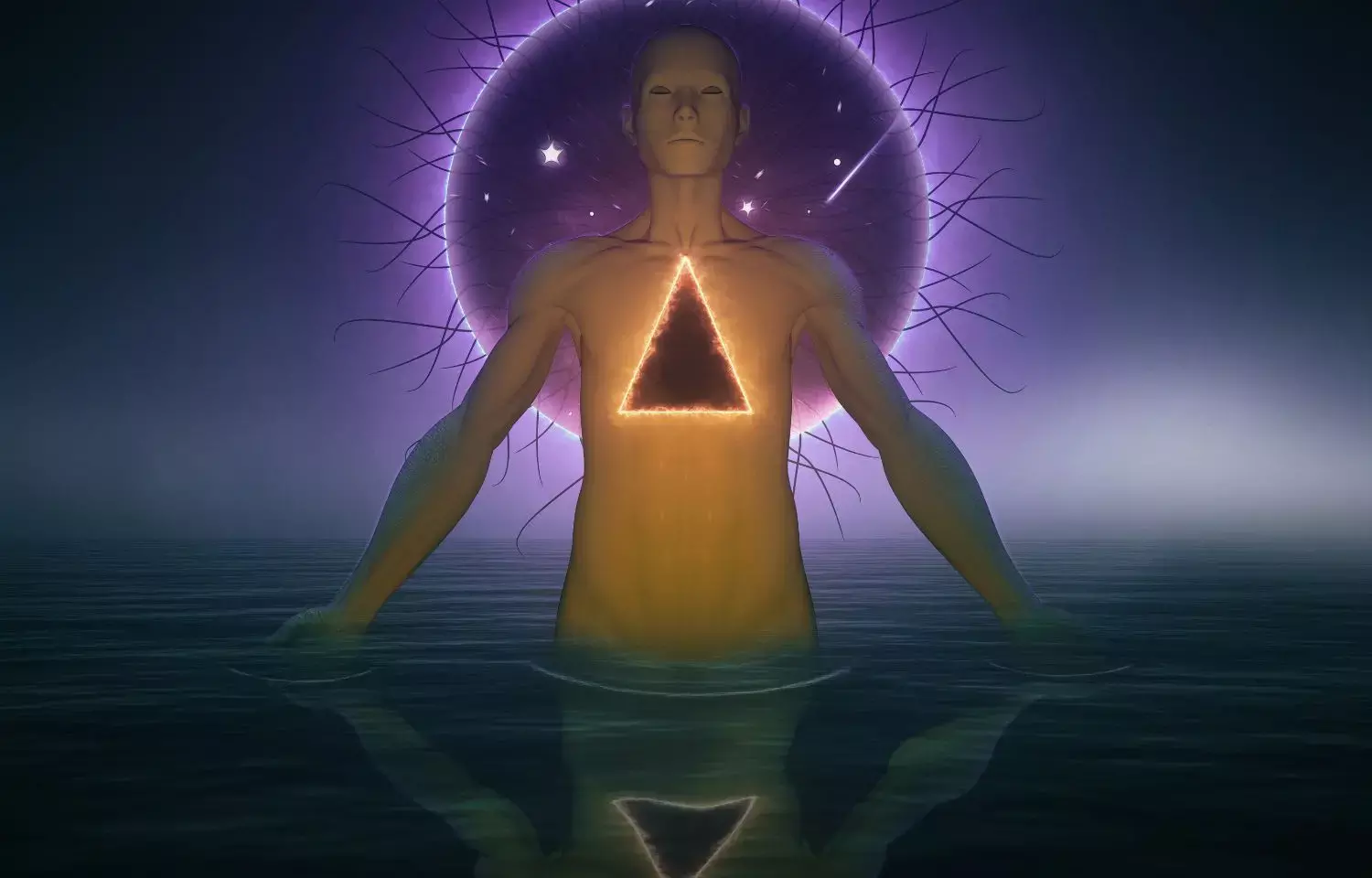- Home
- Medical news & Guidelines
- Anesthesiology
- Cardiology and CTVS
- Critical Care
- Dentistry
- Dermatology
- Diabetes and Endocrinology
- ENT
- Gastroenterology
- Medicine
- Nephrology
- Neurology
- Obstretics-Gynaecology
- Oncology
- Ophthalmology
- Orthopaedics
- Pediatrics-Neonatology
- Psychiatry
- Pulmonology
- Radiology
- Surgery
- Urology
- Laboratory Medicine
- Diet
- Nursing
- Paramedical
- Physiotherapy
- Health news
- Fact Check
- Bone Health Fact Check
- Brain Health Fact Check
- Cancer Related Fact Check
- Child Care Fact Check
- Dental and oral health fact check
- Diabetes and metabolic health fact check
- Diet and Nutrition Fact Check
- Eye and ENT Care Fact Check
- Fitness fact check
- Gut health fact check
- Heart health fact check
- Kidney health fact check
- Medical education fact check
- Men's health fact check
- Respiratory fact check
- Skin and hair care fact check
- Vaccine and Immunization fact check
- Women's health fact check
- AYUSH
- State News
- Andaman and Nicobar Islands
- Andhra Pradesh
- Arunachal Pradesh
- Assam
- Bihar
- Chandigarh
- Chattisgarh
- Dadra and Nagar Haveli
- Daman and Diu
- Delhi
- Goa
- Gujarat
- Haryana
- Himachal Pradesh
- Jammu & Kashmir
- Jharkhand
- Karnataka
- Kerala
- Ladakh
- Lakshadweep
- Madhya Pradesh
- Maharashtra
- Manipur
- Meghalaya
- Mizoram
- Nagaland
- Odisha
- Puducherry
- Punjab
- Rajasthan
- Sikkim
- Tamil Nadu
- Telangana
- Tripura
- Uttar Pradesh
- Uttrakhand
- West Bengal
- Medical Education
- Industry
Psychedelics May Lessen Fear of Death and Dying akin to Near Death Experiences

Johns Hopkins Medicine researchers have found in a survey study of more than 3,000 adults that pychedelics may lessen fear of death and dying akin to near death experiences.They also reported that the experience had a lasting positive effect, providing personal meaning, spiritual significance and psychological insight.
The study was published Aug. 24, 2022 in the journal PLOS ONE.
The results are consistent with several recent clinical trials showing that a single treatment with the psychedelic psilocybin produced sustained decreases in anxiety and depression among patients with a life-threatening cancer diagnosis.
The largest of these trials (Griffiths et al., 2016) was conducted at Johns Hopkins Medicine by the authors of this survey. That study, a randomized trial of 51 patients with cancer who had clinically significant anxiety or depressive symptoms, demonstrated that receiving a controlled, high dose of psilocybin given with supportive psychotherapy resulted in significant increases in ratings of death acceptance, as well as decreases in anxiety about death.
For the present study, the researchers analyzed data gathered from 3,192 people who answered an online survey between December 2015 and April 2018. Participants were divided into groups: 933 individuals had non-drug-related near-death experiences, and the rest of the participants had psychedelic experiences, which were prompted by either lysergic acid diethylamide (LSD) (904), psilocybin (766), ayahuasca (282) or N,N-dimethyltryptamine (DMT) (307).
Participants were predominantly white (85%) and mostly from the United States. Compared with the non-drug group, there were more men in the psychedelic group (78% versus 32%), and they tended to be younger (32 versus 55 years of age) at the time of the experience.
Similarities between the groups include:
- About 90% of participants in both groups reported a decrease in fear of death when considering changes in their views from before to after the experience.
- Most participants in both groups (non-drug group, 85%; psychedelics group, 75%) rated the experience to be among the top five most personally meaningful and spiritually significant of their life.
- Participants in both groups reported moderate to strong persisting positive changes in personal well-being and life purpose and meaning.
Differences between the groups include:
- The non-drug group was more likely to report that their life was in danger (47% versus the psychedelics group, 3%), being medically unconscious (36% versus the psychedelics group, 10%), or being clinically dead (21% versus the psychedelics group, less than 1%).
- The non-drug group was more likely to report that their experience was very brief, lasting five minutes or less (40% versus the psychedelics group, 7%).
The researchers say that future studies are needed to better understand the potential clinical use of psychedelics in ameliorating suffering related to fear of death.
Reference:
Sweeney MM, Nayak S, Hurwitz ES, Mitchell LN, Swift TC, Griffiths RR (2022) Comparison of psychedelic and near-death or other non-ordinary experiences in changing attitudes about death and dying. PLoS ONE 17(8): e0271926. https://doi.org/10.1371/journal.pone.0271926
Dr Kamal Kant Kohli-MBBS, DTCD- a chest specialist with more than 30 years of practice and a flair for writing clinical articles, Dr Kamal Kant Kohli joined Medical Dialogues as a Chief Editor of Medical News. Besides writing articles, as an editor, he proofreads and verifies all the medical content published on Medical Dialogues including those coming from journals, studies,medical conferences,guidelines etc. Email: drkohli@medicaldialogues.in. Contact no. 011-43720751


